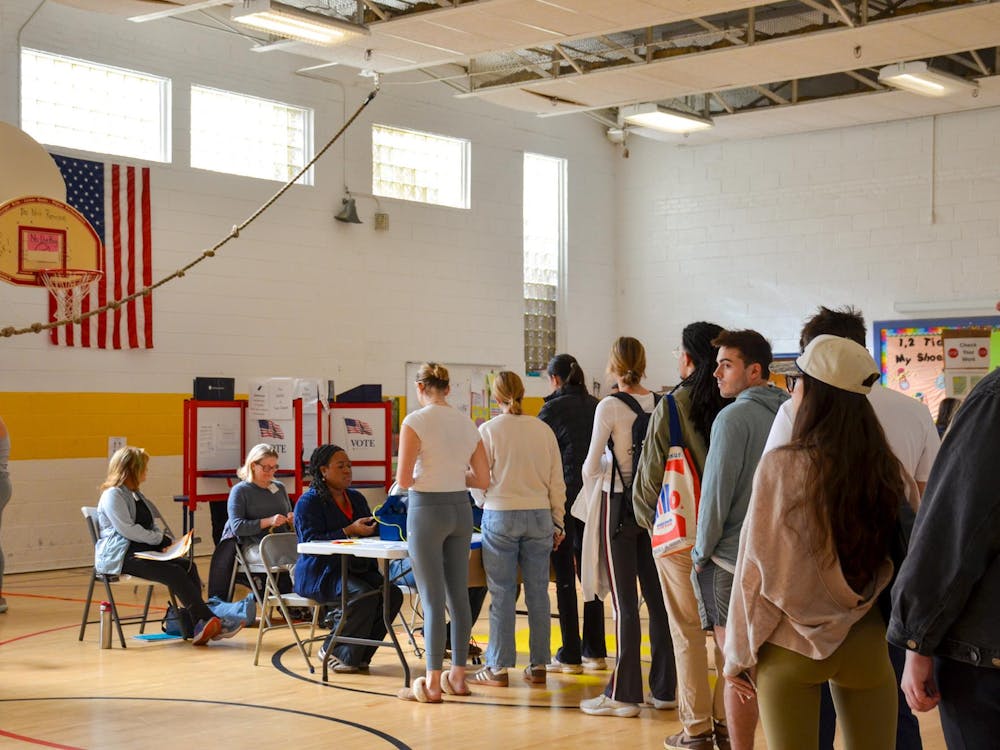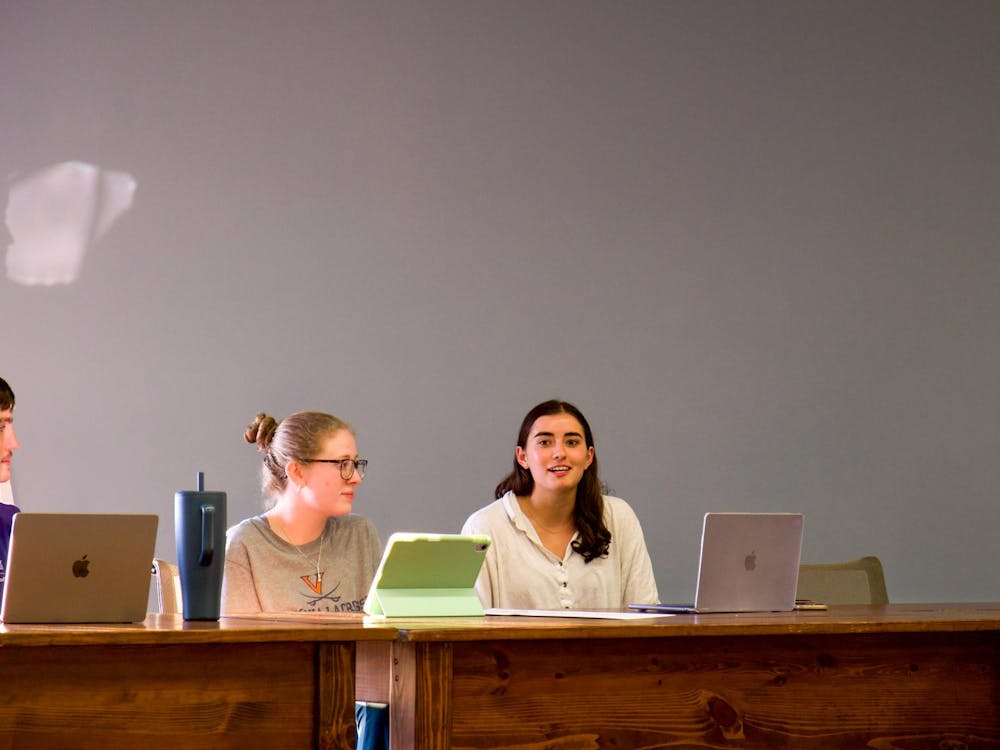Having recently approved a budget that will take effect July 1, Charlottesville City Council will now begin discussions, which will continue through the summer, on other financial issues facing the city.
Affordable housing is one issue Council hopes to address this summer, Charlottesville Mayor Dave Norris said. Council member David Brown explained that last year Council created a plan to allocate $5 million during the next five years for affordable housing. Last year, he said, Council used surplus funds to invest an initial $2.1 million in affordable housing projects, and this year Council allocated $1.4 million.
"This year's budget had less money in it [for affordable housing], but [the Council is] not retreating from the commitment," Brown said, adding that Council increased the affordable housing plan to $7 million in the past year.
He also noted that Council included several other measures in the new budget that will provide relief for low-income homeowners, such as increased limits for the tax rebate program.
Norris said in addition to the $1.4 million set aside in the budget for affordable housing, Council is debating using allocations from the city's rainy day fund to create a revolving loan fund wherein the Council would partner with the local developers to build more affordable housing units.
"This is a perennial, hot-button issue," Norris noted. "We still have thousands of families having to make difficult choices for lack of affordable housing. This is encouraging us to keep focusing on affordable housing."
Council member Holly Edwards noted that Council has a lot of work to do in the area of affordable housing. The Charlottesville area was the worst metropolitan area in the country in terms of racial differences in high-cost home loan rates, according to a report released last fall by the National Community Reinvestment Coalition. Edwards noted that she hopes this summer Council will have a "chance to talk about all the players in town and how the University impacts housing."
Despite Council's plans for confronting issues such as affordable housing during the summer, it also will have to deal with funding cuts in the new commonwealth budget. Earlier this month, the commonwealth informed Council that it would not be able to supply the approximately $500,000 the city has received in past years. Norris said Council will not know exactly how much money the state will be able to provide until August.
"We will probably scale back some of our projects," he noted. "It's a $140 million budget, so $500,000 is not going to kill us, but it's still a big chunk of change."
The cut will require Council to discuss which areas to cut funding from, especially once it knows how much the state will withhold, Brown said.
Both Norris and Edwards noted that the commonwealth has been increasing its mandates for the city while decreasing the funds it makes available to localities to accomplish these mandates.
Along with implementing changes to the new budget, Council will also begin to think about the 2010 fiscal year budget over the summer, Norris said.
"It's not long before we start thinking about the next budget," Norris said. "It will be even tighter next year, so we have to think more strategically about delivering the services our city wants in a more cost-effective manner."
He added that the city operations will be undergoing a complete efficiency study to find out where the city could save money.






